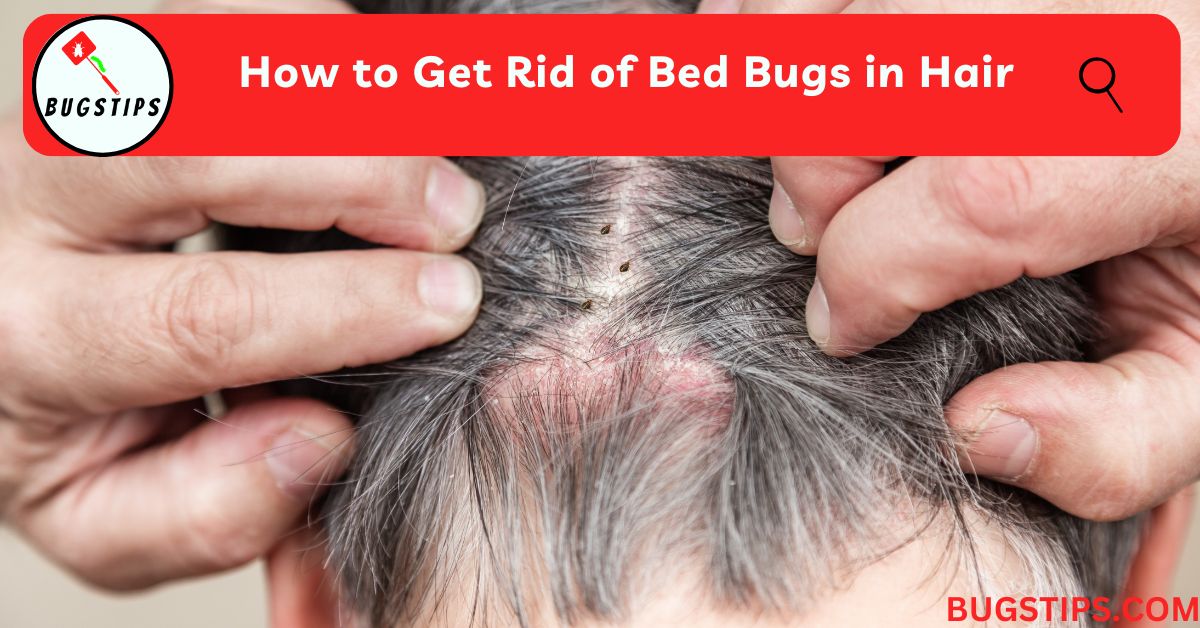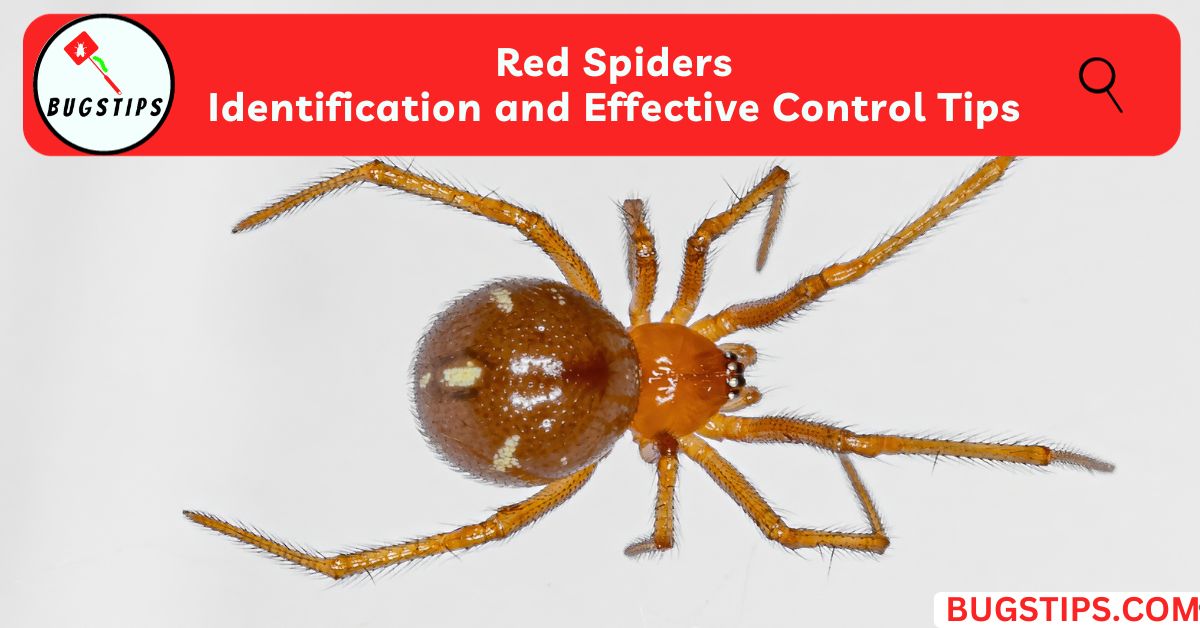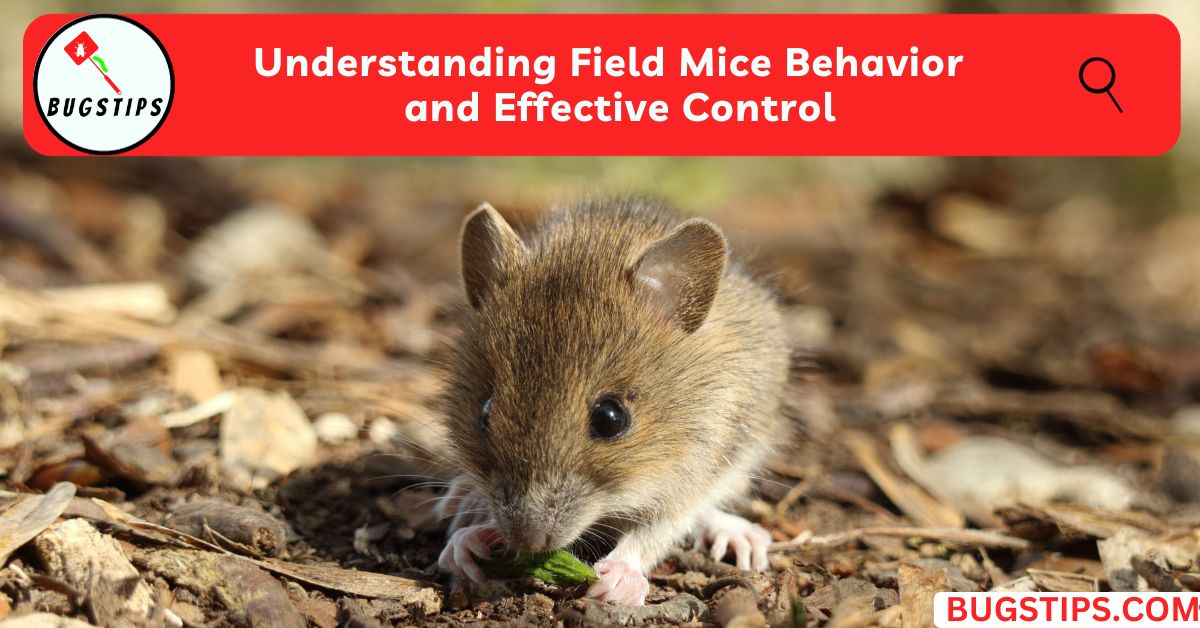This post may contain affiliate links which means as an Amazon Associate, this site may earn a small commission on qualified purchases made through links at no extra cost to you. Learn more on Affiliate Disclosure
Snakes, with their mysterious nature and slithering movements, can evoke a sense of unease in many people.
If you’re looking for natural ways to deter snakes, understanding the scents that they dislike can be helpful.
In this article, we’ll explore the question: What smell do snakes hate? From household ingredients to plants and essential oils, we’ll uncover the aromas that these cold-blooded creatures tend to avoid.
Let’s dive into some of the scents that snakes dislike and learn how you can use them to create a less snake-friendly environment.
What Smell Do Snakes Hate?
Snakes have a remarkable sense of smell, which they use for various tasks like finding food and sensing their surroundings.
But just like how some strong scents can overwhelm us, certain smells can put snakes off balance and make them want to stay away.
Here are some of the most common smells that snakes are believed to dislike.

Sulfur
- Sulfur is known for its strong and pungent odor, which snakes are believed to dislike.
- It can be found in various forms, such as sulfur powder or sulfur-based repellents.
- To use sulfur as a snake deterrent, sprinkle it around your property’s perimeter or in areas where snakes are commonly seen.
- Take caution when handling sulfur, as it can irritate the skin and eyes.
Clove Oil
- The powerful aroma of clove oil is an instant turn-off for these reptiles.
- Mix a few drops of clove oil with water in a spray bottle and apply it around entry points, gaps, or areas where snakes may be present.
- Clove oil’s intensity is enough to make them reconsider invading your territory.
Related Article – 16 Powerful Scents That Repel Chipmunks
Cinnamon
- The strong aroma of cinnamon is disliked by many pests, including snakes.
- Its sweet and spicy scent might be a treat for us, but it’s a major deterrent for these reptiles. Cinnamon’s fragrance is like a “no entry” sign for snakes.
- Sprinkle cinnamon powder or place cinnamon sticks in areas where snakes may enter, such as doorways, windowsills, or cracks in the foundation.
Garlic
- Garlic is not only a popular ingredient in cooking but is also reputed to repel snakes.
- Crush garlic cloves or create a garlic-infused spray by mixing minced garlic with water.
- Apply the mixture around your property or in areas prone to snake activity.
- However, keep in mind that while snakes may dislike the smell of garlic, it may not provide foolproof protection.
Onion
- Similar to garlic, the strong odor of onions can deter snakes.
- Slice or chop onions and scatter them around areas where snakes may be a concern.
- The pungent scent of onions may help create an environment that snakes find unfavorable.
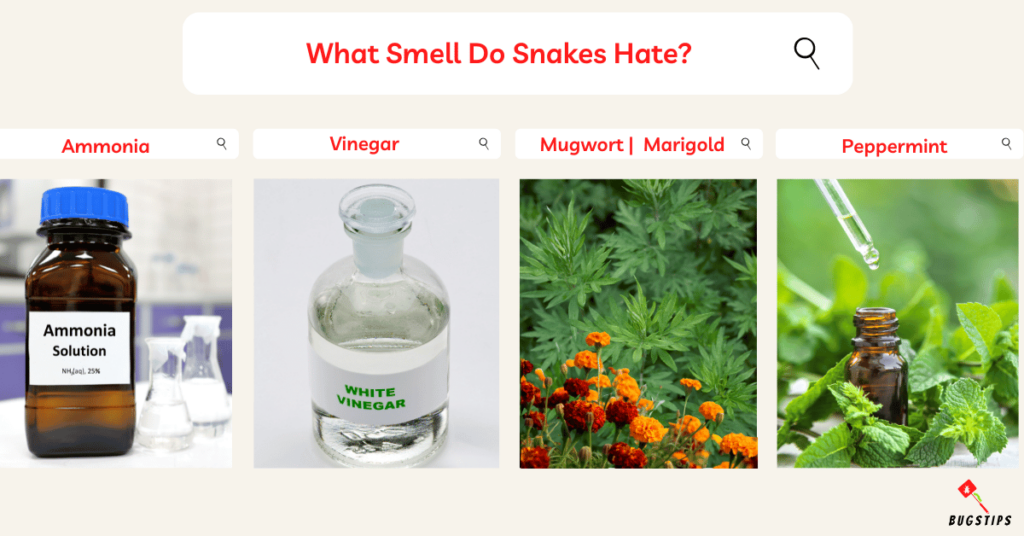
Ammonia
- Ammonia is another scent that is thought to repel snakes.
- Mix equal parts of ammonia and water in a spray bottle, and apply the solution around your property’s perimeter or in areas where snakes are likely to be present.
- Be cautious when using ammonia, as it can be harmful if ingested or if it comes into contact with skin or eyes.
You May Also Like – Do Snakes Have Bones? | The Fascinating Truth
Vinegar
- Vinegar is a versatile household ingredient that may help deter snakes.
- Create a vinegar spray by mixing equal parts of vinegar and water.
- Spray the solution around entry points, gaps, or areas where snakes could potentially enter your property.
- Remember to reapply after rain to maintain the scent barrier.
Mugwort
- Mugwort, a perennial plant with a strong aroma, is considered by some to be a natural snake repellent.
- Planting mugwort around your property or in garden beds may help deter snakes.
- However, scientific evidence supporting the effectiveness of mugwort as a snake repellent is limited.
Marigold
- Marigolds are popular flowering plants known for their vibrant colors and distinct scent.
- Some gardeners believe that planting marigolds around their property can help repel snakes.
- The strong odor emitted by marigolds is thought to deter snakes from entering the area.
Related Article – 15 Powerful Plants That Repel Earwigs Naturally
Peppermint
- Peppermint has a refreshing and invigorating scent that many humans enjoy, but snakes are believed to dislike it.
- Place peppermint leaves or sprinkles peppermint essential oil around your property to create a snake-discouraging environment.
- Additionally, growing peppermint plants in your garden may contribute to deterring snakes.
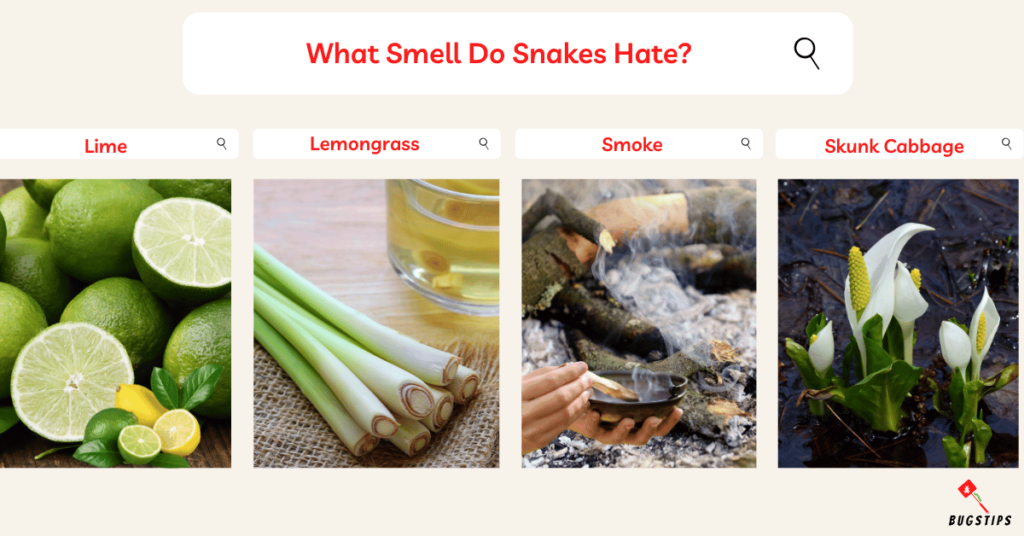
Lime
- Lime, with its citrusy fragrance, is another scent that snakes are disliked.
- Squeeze fresh lime juice or place lime peels in areas where snakes may be present.
- The strong scent of lime may help discourage these reptiles from entering your property.
Lemongrass
- Lemongrass, a popular ingredient in Asian cuisine, has a strong and distinctive scent that snakes are thought to dislike.
- Planting lemongrass in your garden or crushing lemongrass leaves and scattering them around your property may help create an environment that is less attractive to snakes.
Related Article – Does Lavender Repel Spiders?
Smoke
- Here’s a natural snake repellent that’s been used for centuries – smoke.
- Smoke, particularly from burning certain materials like wood or herbs, can create an odor that snakes find unpleasant.
- Consider using smoke as a temporary deterrent by lighting a fire or using smoke-emitting devices in areas where snakes are unwanted.
Skunk Cabbage
- Skunk cabbage, with its rather unfortunate name, is actually a plant that can help deter snakes.
- If you have a damp area in your garden, consider planting skunk cabbage.
- Its distinctive smell can act as a natural snake repellent, contributing to a snake-free zone.
You May Also Like – Snake Poop 101
What Animal Urine keeps Snakes Away?
Animal urine might not be the first thing that comes to mind when thinking about snake repellents, but it’s actually a strategy that nature has been using for ages.
Certain animals have scents in their urine that snakes find intimidating or threatening, prompting them to keep their distance.
This natural approach taps into the instinctual fear snakes have of predators, making them reconsider visiting areas marked with these scents.
Two common types of animal urine that are believed to repel snakes are fox urine and coyote urine.
The strong and distinct odor of these predators’ urine signals danger to snakes, causing them to avoid the area.
Similarly, some people suggest that cat urine can also have a repelling effect on snakes.
It’s important to note that using animal urine as a snake repellent requires careful consideration.
Collecting urine from these animals is not only logistically challenging but also raises ethical and environmental concerns. Additionally, the effectiveness of using animal urine as a snake deterrent can vary, as different snake species might react differently to these scents.
You May Also Like – 20 Impressive Fox Sounds You Need To Hear
Final Thoughts
You can deter snakes using various types of scents that don’t like. Aromas like cloves and cinnamon, even everyday ingredients like garlic and onions, might make snakes reconsider their choice of hangout.
If you’re someone who’s intrigued by the power of plants, think about wormwood, lemongrass, marigold, and Mugwort as your undercover helpers. They act as natural snake repellents.
And if you prefer simplicity, options like vinegar, ammonia, or even fox urine might grab your attention.
Keep in mind, though, these scents aren’t solo players. If you really want to make snakes think twice, combine these aromas with practical steps.
Consider sealing up any spots they could sneak in and keeping your surroundings tidy – it’s a language they’ll understand.
So, as you think about ways to make your space less inviting for snakes, remember the harmony between these scents and your actions.
By blending them, you’re creating an environment where snakes might not feel quite at home.
FAQs
What is the best homemade snake repellent?
Different scents can work, like cloves, cinnamon, or garlic, mixed with water and sprayed around.
Is it true that snakes dislike citrus scents?
Yes, citrus scents can help keep snakes away due to their strong smell.
Can I use mothballs to repel snakes?
Mothballs might help, but they can be toxic and aren’t recommended as the best solution.
Do snakes hate the smell of bleach?
Yes, snakes might avoid areas with a strong bleach smell.
Do snakes hate the smell of vinegar?
Yes, the smell of vinegar can be a deterrent for snakes.
Does salt keep snakes away?
Salt might not be the most effective snake repellent. Epsom salt is not proven to repel snakes either.
Does baby powder keep snakes away?
No, there’s no strong evidence that baby powder repels snakes.
Do snakes hate diesel?
Diesel’s smell might repel snakes, but it’s not a guaranteed method.
Do snakes hate the smell of kerosene?
Similar to diesel, the smell of kerosene might deter snakes, but results can vary.
Do snakes like sugarcane?
There’s no solid proof that sugarcane is a preferred snake hangout.
Do snakes hate candles?
Certain strong-smelling candles might discourage snakes, but they’re not foolproof.
Do snakes hate sanitizer? Dettol?
Strong-smelling sanitizers like Dettol might deter snakes temporarily.
Are snakes sensitive to vibrations?
Yes, snakes are very sensitive to vibrations in the ground.
Resources – (for further reading)
Michigan State University – Snakes and your garden
Illinois Extension – Snake Prevention and Management


